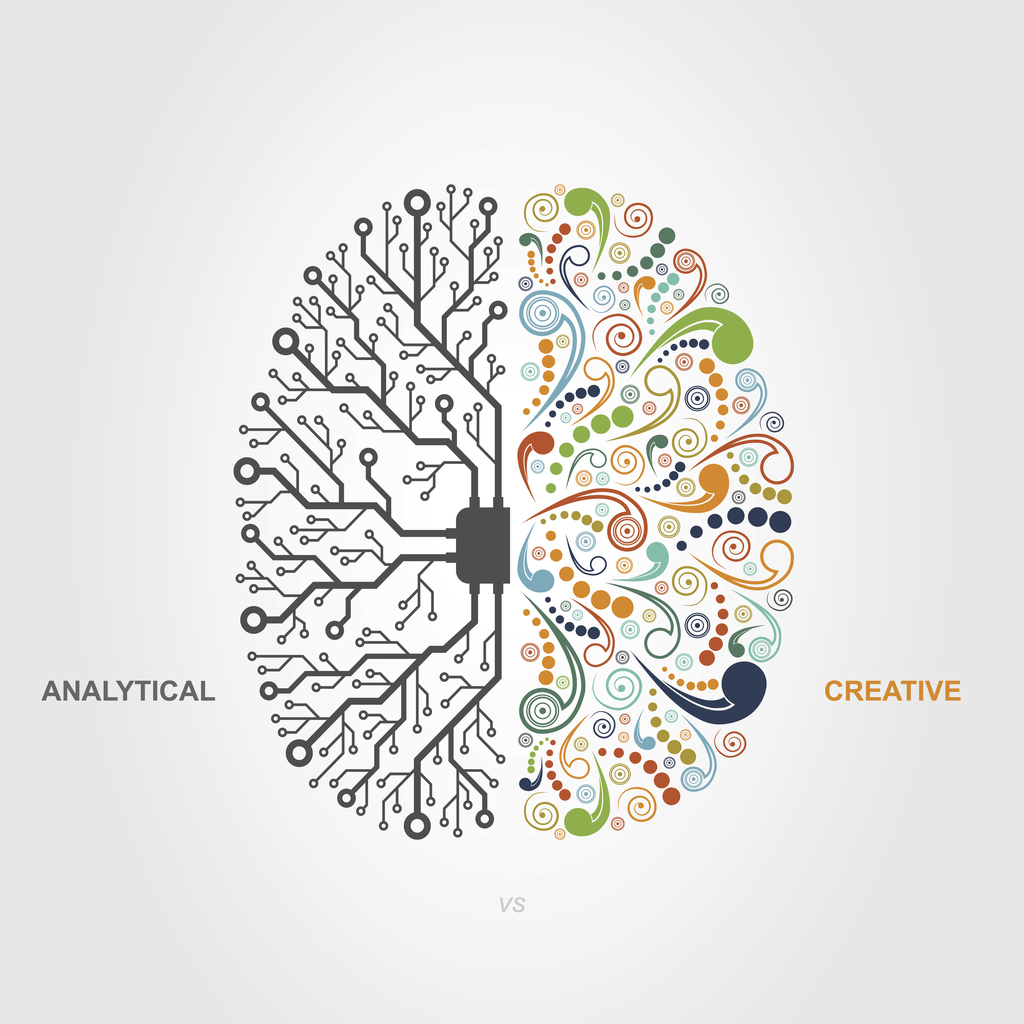Brain Injury

“He doesn’t seem to be the same person. He forgets things, gets confused, and he’s more irritable. He can’t stand noise or being in crowds. His sleeping and eating habits have changed. It takes him much longer to finish doing something that used to be easy for him. I have to remind him to do almost everything. He seems to have trouble paying attention and he has not been able to return to work.”
A Traumatic Brain Injury (TBI) can occur during an automobile accident, work related accident, military combat, sports concussion, or any kind of trauma to the head. Brain injuries also result from events such as strokes, aneurysms, seizures, tumor, brain surgery, hydrocephalus, infections, toxic exposure, substance abuse, and lack of oxygen to the brain. These types of events are usually referred to as Acquired Brain Injuries (ABI).
Brain injuries affect people in various ways, depending on the location and severity of the injury. A patient may or may not have lost consciousness, or been in a coma. Whether the injury was severe or mild, noticeable changes offer occur as a result.
Common symptoms of brain injury include problems with:
-
memory
-
attention and concentration
-
speech or language skills
-
reading, math, or academics
-
decision making and problem solving
-
motivation and initiation
-
low tolerance for frustration with anger outbursts
-
driving skills and other complex activities
-
depression, anxiety and other changes in mood
-
changes in personality
-
headaches and seizures
-
changes in sleeping and eating habits
It is crucial to have brain injuries evaluated through neuropsychological testing.
The brain often does not heal 100%, and we cannot determine which problems will
remain in any given individual. We can see where a person’s functioning is now and
track progress over time. The brain usually does the most healing in the first two
years after injury. That is the time to begin cognitive rehabilitation in order to
learn new ways of doing things. Testing identifies those areas of thinking that need treatment.
Neuropsychological testing is often recommended sometime within the first 6 months after
injury (if possible), and is often repeated at the 1 year and 2 year marks to document
the patient’s progress and residual deficits.
Testing also helps determine if a person is able to return to work or school, and identify any accommodations that need to be in place to help them succeed.

What is neuropsychological testing?
Neuropsychological testing helps us to understand how the brain is functioning. CT and MRI scans usually can identify if there are structural changes in the brain. These are ordered by neurologists and physicians. Though usefull, such scans cannot describe how well a person’s brain is functioning. Neuropsychological evaluations are pencil and paper tasks, or computer assessments that challenge a person’s abilities in all areas of thinking. Neuropsychological testing is more thorough than psychological, or even psychoeducational testing, in that it goes beyond assessing personality, intelligence, and academics to include all areas of cognitive functioning.
Is neuropsychological testing right for you?
We often receive calls from people stating they have been diagnosed with four or five different diagnoses, and they are understandably confused. Neuropsychological testing helps to clarify the issues underlying the patient’s problems, whether it is related to injuries or diseases of the brain, medication side effects, medical problems, chronic pain factors, or emotional issues. You do not need a referral for neuropsychological testing, unless your insurance requires it, such as with Tricare or Medicare. Testing may need pre-authorization from your insurance company.
What does neuropsychological testing involve?
Testing usually takes 4-6 hours, sometimes more, depending on the issue. The first hour is an interview with the patient and any family members that may be able to provide additional information about the patient’s history. You will be asked extensive questions about your symptoms, medical history, psychiatric and social history. The remainder of the day will be spent testing the various functions of the brain through different kinds of tasks to see how well you perform. Once testing is completed, the tests are scored, interpreted, combined with any available medical records, and integrated into a detailed report that can be shared with your physicians or school. Feedback sessions are provided usually two weeks after testing.